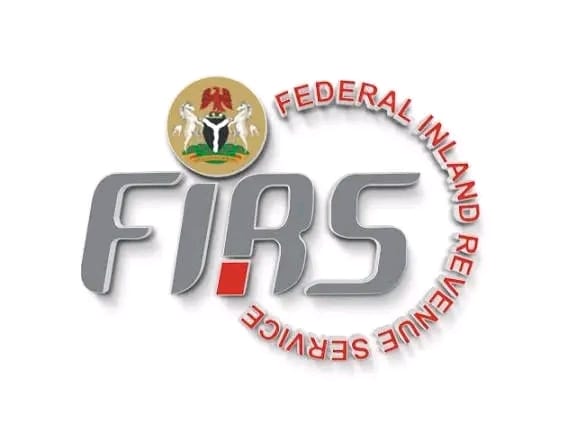National
Economic Duality In Nigeria: Lagos’ Revenue Dominance Reveals Widening Development Divide

By Micheal Chukwuebuka
A new government report on sub-national finances paints a stark picture of inequality, with Lagos State alone generating more internal revenue than 35 other states combined, laying bare the deep structural underdevelopment across much of the country.
According to data compiled from the National Bureau of Statistics (NBS) and the Federal Inland Revenue Service (FIRS) for 2024, Lagos generated a colossal N1.26 trillion in Internally Generated Revenue (IGR).
This figure dwarfs the combined total of N2.37 trillion produced by all other 36 states and the Federal Capital Territory (FCT).
While the commercial dominance of Lagos and, to a lesser extent, Rivers State (N317.3bn) and the FCT (N282.36bn) was expected, the data exposes a more troubling trend.
Several states ranking high on the revenue table are simultaneously grappling with severe infrastructural decay and social deprivation, suggesting their revenue potential is hamstrung by systemic underdevelopment.
For instance, Kano State, Nigeria’s second-most populous state and a historic commercial hub in the north, finds itself in a lowly ninth position, generating just N74.77 billion.
This paltry sum, less than 6% of Lagos’s revenue, points to a collapse of its formal industrial base and an inability to translate its vast population into a robust tax base.
Similarly, in the oil-rich Niger Delta, a paradox of poverty amidst plenty is evident.
While Rivers and Delta states feature in the top six, states like Akwa Ibom (N75.77bn) and Bayelsa (N64.01bn) generate minimal revenue despite being among the nation’s largest recipients of federal oil allocations.
This indicates a near-total reliance on federal handouts and a failure to develop viable, non-oil sectors of their local economies.
The data further reveals a clear geographical divide. States in the north-east and north-west, such as Borno, Yobe, Kebbi, and Sokoto, consistently anchor the bottom of the table.
These regions have been plagued by insecurity and a reliance on subsistence agriculture, which severely constrains their ability to generate significant internal revenue.
The total IGR for all states and the FCT stood at N3.63 trillion. With Lagos accounting for over a third of this national total, analysts warn that Nigeria’s fiscal model remains dangerously unbalanced, raising urgent questions about the viability and development capacity of most of its constituent states.













